
Covid-19 triggers sharp German manufacturing decline

Manufacturing output had picked up in January-February (see manufacturing demand graph). But March's seasonally and working-day adjusted output fell by 11.6pc from February and was the lowest for the month since at least 2015. January-February output had climbed by 2.3pc from November-December, the ministry said previously, and had been on track to recover from an industrial recession.
But the rally ended abruptly as governments implemented Covid-19 measures.
Capital goods output collapse drives March drop
A sharp fall in output of capital goods drove March's drop, although consumer and intermediate goods production also fell sharply.
Demand for capital goods fell by 16.5pc on the month, outpacing drops for consumer and intermediate goods of 7.4pc and 7.5pc, respectively.
Seasonally and working-day adjusted new factory orders also dropped sharply, falling by 15.6pc. The slump was again particularly steep for capital goods, at 22.6pc. Orders for intermediate goods fell by 7.5pc, driven by weaker demand from eurozone markets other than Germany.
The drop in new orders for consumer goods was more modest at just 1.3pc, with orders from within Germany actually up by 1.3pc, although this was offset by weaker demand elsewhere.
Little sign of early recovery
The sharp decline in new orders suggests manufacturing slump could continue for months, with only small signs of a recovery in industrial gas demand.
Industry's recovery is expected to be slow and uneven, research institute IFO said late last month, with manufacturing demand possibly taking a year to return to pre-lockdown levels.
German gas and power demand slid as the country introduced social distancing measures and industrial users turned down production. Temperature-adjusted gas deliveries directly to industry, including the power sector, and to local distribution networks, which mainly serve households and small businesses, have fallen since mid-March (see demand graph).
But the country announced yesterday a more widespread relaxation of Covid-19 measures, which could lift consumption.
The "first phase of the pandemic lies behind us", chancellor Angela Merkel said yesterday. Shops of all sizes will be allowed to reopen, schools will restart before the summer holidays, and the Bundesliga was cleared to resume play from 16 May, although federal states will be responsible for implementing the changes and deciding when each takes effect.
A number of German vehicle manufacturers, including Volkswagen and Daimler and Man Truck and Bus had already restarted production late last month.
Overall temperature-adjusted demand has edged up in recent days. But the increase was driven by demand from households and small businesses. And temperature-adjusted industrial demand — including the power sector — was broadly similar to previous weeks and down on the same period in most recent years (see industrial demand graph).
Still, industrial demand reached 1.54TWh on 5 May, the highest since 1.63TWh on 3 April, when the weather was cooler and heating demand probably stronger.


Gold price eases after Trump downplays clash with Fed chair Powell

Copper price hits new record as tariff deadline looms
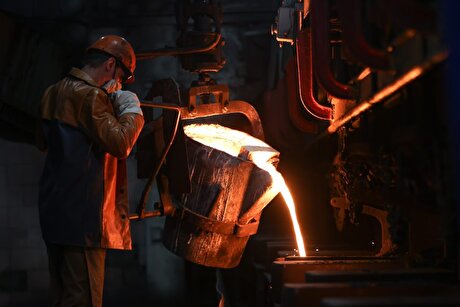
Brazil producers look to halt pig iron output as US tariff threat crimps demand
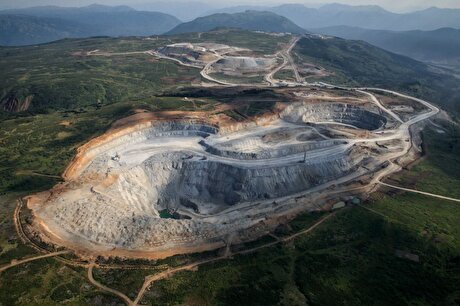
Three workers rescued after 60 hours trapped in Canada mine
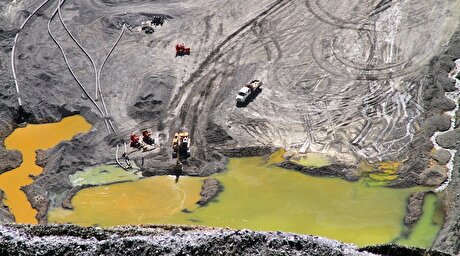
US targets mine waste to boost local critical minerals supply

Energy Fuels surges to 3-year high as it begins heavy rare earth production
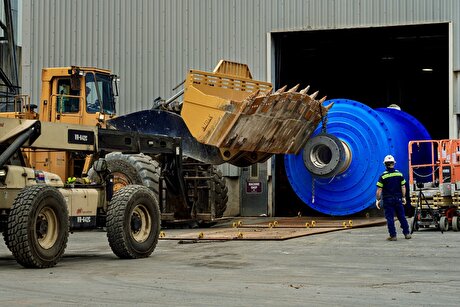
Titan Mining targets Q4 2025 to become only integrated US graphite producer
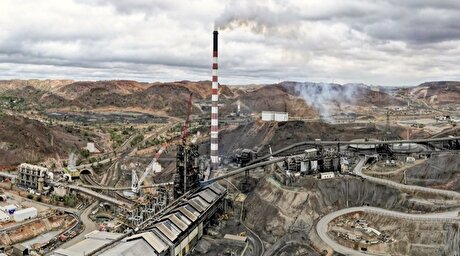
Glencore workers brace for layoffs on looming Mount Isa shutdown

Gold price could hit $4,000 by year-end, says Fidelity

Kinross divests entire 12% stake in Yukon-focused White Gold

Gold price could hit $4,000 by year-end, says Fidelity

Southern Copper expects turmoil from US-China trade war to hit copper

Ramaco Resources secures five year permit for Brook rare earth mine in Wyoming

Column: EU’s pledge for $250 billion of US energy imports is delusional

Finland reclaims mining crown as Canada loses ground

Gold price down 1% on strong US economic data
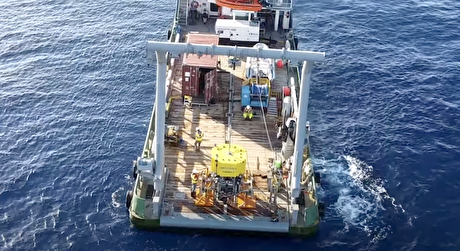
Trump’s deep-sea mining push defies treaties, stirs alarm
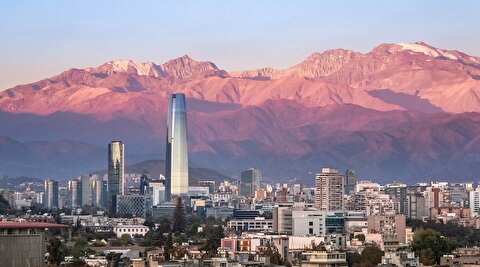
Chile’s 2025 vote puts mining sector’s future on the line

Gold price retreats to near 3-week low on US-EU trade deal

Gold price could hit $4,000 by year-end, says Fidelity

Southern Copper expects turmoil from US-China trade war to hit copper

Ramaco Resources secures five year permit for Brook rare earth mine in Wyoming

Column: EU’s pledge for $250 billion of US energy imports is delusional

Gold price down 1% on strong US economic data

Trump’s deep-sea mining push defies treaties, stirs alarm

Chile’s 2025 vote puts mining sector’s future on the line

Gold price retreats to near 3-week low on US-EU trade deal
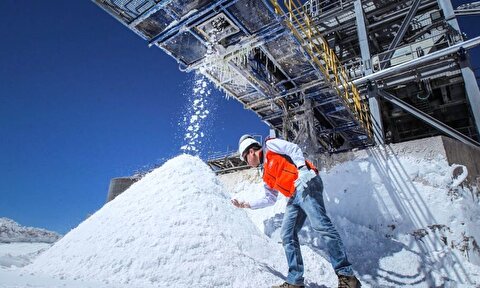
China’s lithium markets gripped by possible supply disruptions














